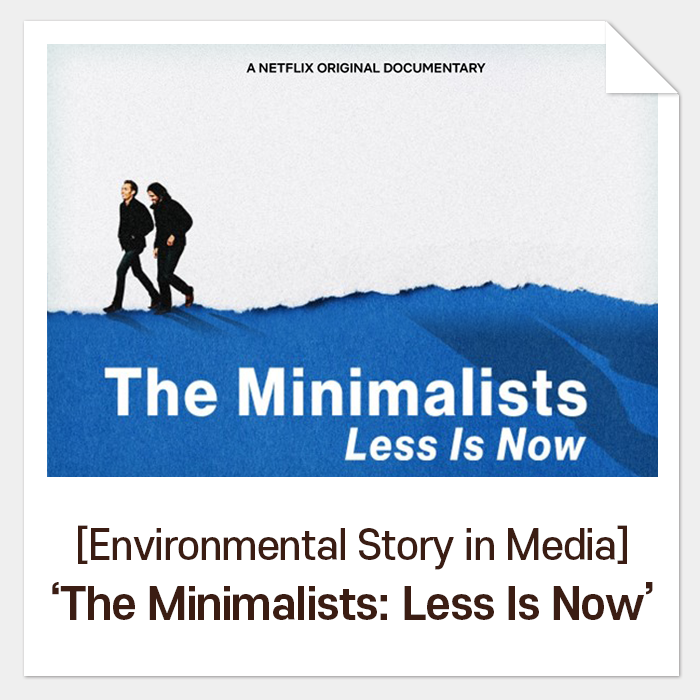Arbor Day to Plant Promising Future
April is the month when seeds begin to sprout from the withered ground and makes us realize that Spring has fairly set in. Arbor Day is also in the month.
Celebrating its 76th
Arbor Day in Korea, there were planting-trees events held throughout the
country. Due to Covid19, some local governments canceled or downscaled the
celebration of Arbor Day. Yet, they attempted various ways to promote the
importance of planting trees by handing out seedlings by drive-thru system and
by encouraging citizens to participate in an online program.
Origin of Arbor Day
Then, when and why did Arbor Day start in Korea?
The day was
officially designated in 1946 to restore destroyed land, made into a national
holiday in 1949, and is now celebrated as a national day after the introduction
of a five-day workweek in 2006. In addition, April 5th was chosen for Korean
Abor Day, for it was considered to be the most suitable seasonal day to plant
trees.
Make Our Landscape Green, Make Our Earth Fresh
Due to rapid industrial development and consumption habit, the emission of greenhouse gas, GHS, has been beyond control. It causes problems in ecosystem circulation, resulting in speeding up global warming. Consequently, this is getting back to us threatening our life as natural disasters such as the sea level rise, drought, wildfires.
In order to put an end on these problems, 196 countries participated in 2015 United Nations Climate Change Conference and agreed to make effort to minimize the temperature rise within the range of 1.5℃ and to support the developing countries to help them cope with the impacts of climate change under the lead of advanced countries from the year of 2020.
 |
| <2015 Paris Climate Change Conference/Source: AP> |
In addition, the countries announced a ‘Net-Zero Emissions’ plan and aimed to achieve the goal by preparing countermeasures to absorb GHS as much as we emit.
In regard to GHG, it is considered to be very important to protect and conserve forests. Trees inhale CO2 and exhale oxygen that they are known as the best contributor to air cleaning. That’s why many major companies stress the importance of afforestation and emphasize their business strategy and practice in the field.
Recently, there is an
interesting argument in Korea that we should plant trees earlier than now to
lower the temperature of Earth and solve the fine dust issue. In fact, the
average temperature of April in the 1940s when the first Arbor Day was established
is that of early March now. If you look at the average temperature of Arbor
Day during the last decade, it definitely shows the rise of temperature(2-3℃ higher) compared to the past.
 |
| <Average temperature of 6 major cities in Korea/ Source: K-weather> |
The Day to Plant a
Tree in Each Country
Then, what about Arbor Day in other countries? It is known that the world’s first Arbor Day was founded by J. Sterling Morton on April 10th, 1872, in the US. The day was originated from his birthday, March 22nd, and named Arbor Day. Later, it began to spread globally.
Especially with India, Korea Forest Service agreed to cooperate for afforestation since 1987 that we have been helping them with financial investment and education for the area. There has been a joint R&D business in progress to preserve and restore the peatlands in Sumatra and Kalimantan, Indonesia, which is called a global carbon sink.
 |
| <The beginning of restoration business of peatlands in Indonesia, Office in Jambi province/Source: Korean Forest Service> |
* Peatland: a wetland
ecosystem that contains deep accumulations of decomposed organic material.
Misunderstanding: Trees
Cut for Paper Industry? Separate Management for Afforestation and Paper-based
products
Woods are used in
many products in our daily life such as construction, civil engineering,
furniture, commodities and etc. Then how about paper-based products that are
related to rePAPER? Paper, a companion of human history, is mostly made from
trees and takes a great portion of our daily life. They are used as printing
paper, packaging paper, food-contact paper, and sanitary paper.
Paper industries use
a great deal of paper, but only the one that is produced from woods well-managed
by FSC standard, issued by the Forest Stewardship Council. Every paper mill in a
country complies with the FSC system to realize sustainable forest management
and to prevent indiscreet and illegal felling, contributing to the responsible consumption
of forest products. It means that the pulp used for various types of paper
products is not from a natural forest, but from the separate plantations with
fast-growing trees cultivated for the purpose. It is different from our worry that paper
industries may have been destroying a forest too much, isn’t it?
Keep the Environmentally Friendly Values of Paper! Use it in an Absolute Need Only!
The world has become more and more paperless, switching to electronic documentation, e-book, mobile receipt, and banknotes, but a great deal of paper is still used for packaging. The problem is that it has lost its environment-friendly properties due to fusion with plastic. Especially the environmental pollution derived from disposable packaging became a huge problem and every country has proposed regulations in regard. However, we should admit that there are times when the use of disposables is inevitable. Then, shouldn’t we design, produce, and commercialize recyclable and compostable environmentally friendly products?
Having Arbor Day,
rePAPER looks forward to the day when green products like rePAPER’s are more
widely spread to the world soon.
“We can live when a
forest lives.”









Comments
Post a Comment